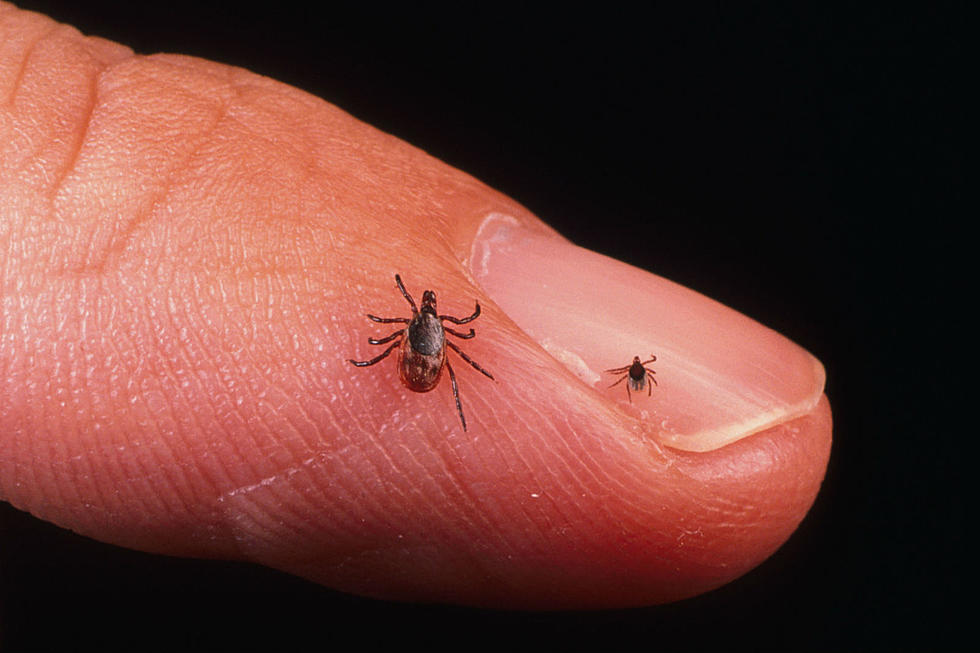
Mainers Could See More Resiliency, Activity In Ticks Carrying Lyme Disease
Mainers have been warned in recent decades of a tick's ability to transmit Lyme Disease and recent studies are proving that Mainers' battle with the ticks that can cause Lyme Disease is an uphill one.
According to Science.org, the Society of Integrative and Comparative Biology has recently revealed that ticks are able to cause Lyme disease in humans not only survive the winter at higher rates but are also more active during the winter season compared to those ticks without the ability to transmit.
Lyme Disease In Humans
According to the CDC, Lyme Disease in humans is the most common vector-borne disease in the United States caused by the transmission of a particular microbe in ticks. Lyme Disease can cause a host of problems for humans if untreated, including brain, nervous and joint issues.
Super Ticks Powered By Microbe That Causes Lyme Disease
It is understood that warmer weather makes ticks, in general, more active whereas the winter months tend to create a period of inactivity for ticks. This new study is sharing how ticks infected with the microbe that causes Lyme Disease is actually creating super-ticks, causing them to survive winter more prevalently and become more active in the cold months.
Recent Study Findings
In this study, ticks were observed for a winter season with temperatures ranging from -18 to 20 degrees Fahrenheit. The findings revealed that 80% of ticks infected with the microbe that causes Lyme Disease survived the cold season. Those not infected with the microbe had a 50/50 chance, only 50% surviving.
This indicates that the microbe-infected ticks are less vulnerable to cold winter temperatures which will perpetuate their prevalence and ability to transmit the microbe. The study also found that those tick infected with the microbe became active more often than those without the microbe after a 'cold spell'.
Implications for Maine Life with Resilient Infected Ticks
The study's findings could implicate that with warming weather patterns due to climate change, Mainers could experience more prevalent activity of Lyme Disease-causing ticks with winters to come. The study also shows the resiliency of ticks with this microbe and maybe Mainers should be more vigilant of tick mitigation when venturing outdoors or caring for their property now and in the future.
See more about these findings and studies from Science.org.

